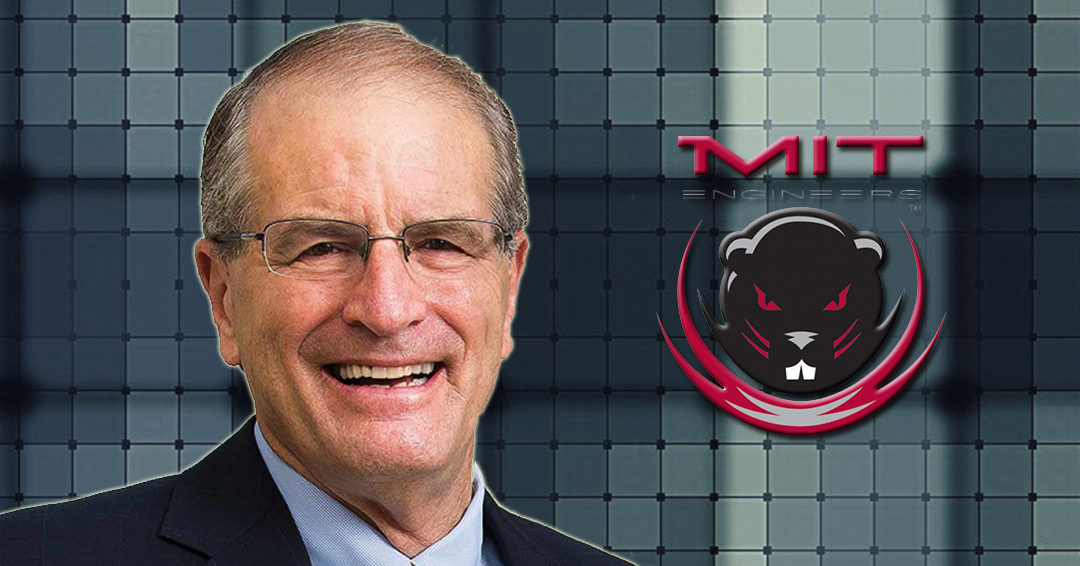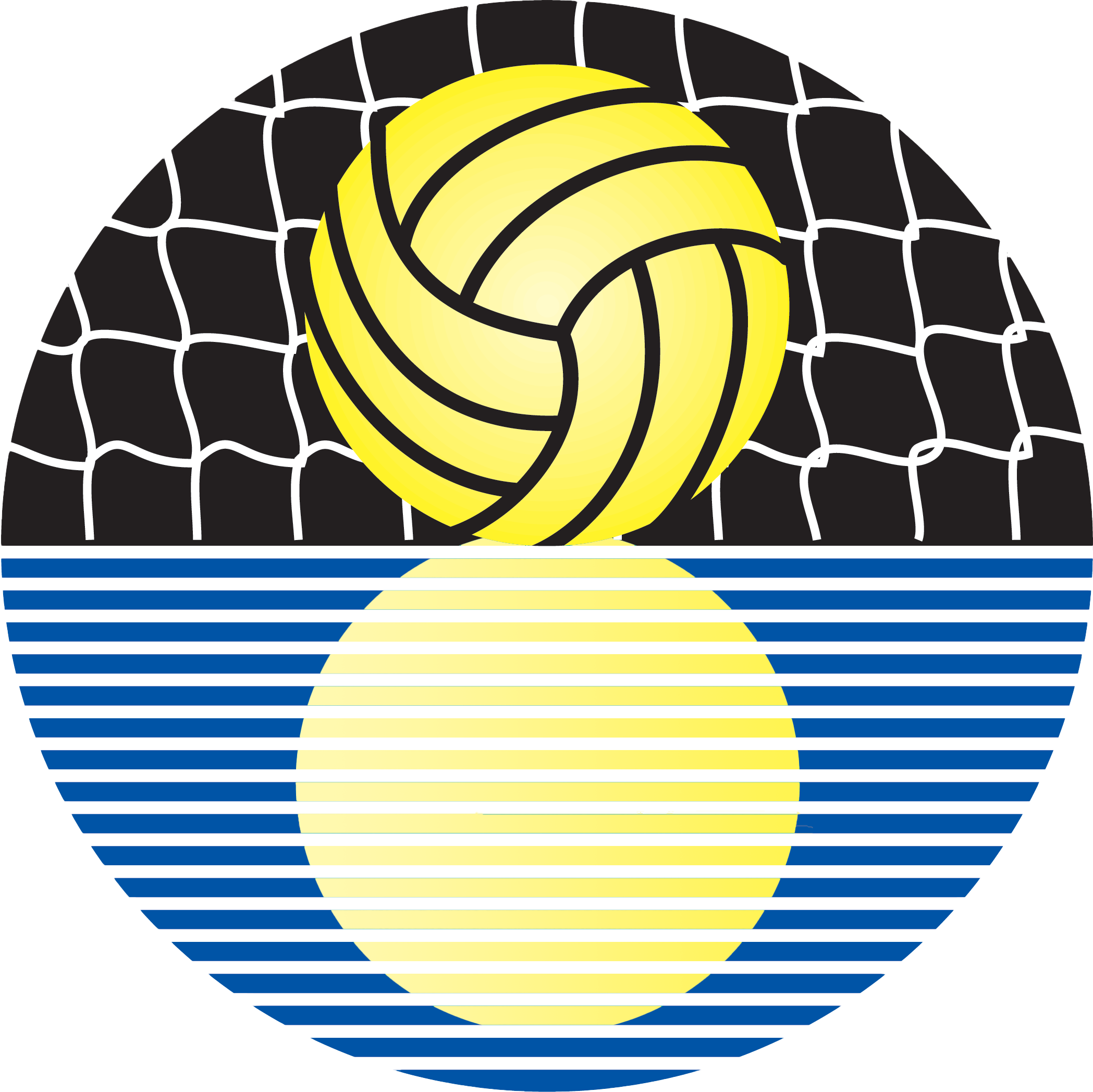BRIDGEPORT, Pa. — An acclaimed physician-scientist, entrepreneur and university leader, Dr. William R. Brody left the Massachusetts Institute of Technology following an undergraduate career in which he competed on the men’s water polo team to make his mark in the world as one of the preeminent academic and scientific leaders of the late 20th and early 21st centuries.
Appointed the head of the Salk Institute for Biological Studies in La Jolla, Calif. on October 13, 2008, after 12 years as president of Johns Hopkins University in Baltimore, Md., Dr. Brody is the focus of this republished “Inside Water” feature by the league’s communications staff.
Launched as a periodic series of articles on interesting, peculiar and otherwise out of the ordinary facts, figures and personalities from the sport of water polo on August 1, 2009, the “Inside Water” articles are the only series of their kind in the sport which aim to shine a spotlight on people, places and events which had an impact on the game, either directly or indirectly, and society.
Currently a Professor Emeritus at the Salk Institute and a native of Stockton, Calif., Dr. Brody received his bachelor’s and master’s degrees in electrical engineering from MIT following a standout academic career in the classroom and laboratory to accompany time in the water as a member of the men’s water polo team at the institution. He earned his doctorate (also in electrical engineering) and his medical degree (MD) from Stanford University. He continued his postgraduate training in cardiovascular surgery and radiology at Stanford, the National Institutes of Health and the University of California-San Francisco.
Between 1977 and 1986, he held appointments at the Stanford University School of Medicine, including professor of radiology and electrical engineering; director of the Advanced Imaging Techniques Laboratory; and director of Research Laboratories, Division of Diagnostic Radiology. In 1987, he moved to the Johns Hopkins University School of Medicine where he held several appointments, including the Martin W. Donner Professor of Radiology; professor of electrical and computer engineering; professor of biomedical engineering; and radiologist-in-chief of The Johns Hopkins Hospital. After a two-year stint as provost of the Academic Health Center at the University of Minnesota, he was named president of Johns Hopkins University in 1996 and served until taking over as President of the Salk Institute from 2008 until his retirement in 2015.
During his seven-year tenure as The Salk Institute for Biological Studies, an independent nonprofit organization dedicated to fundamental discoveries in the life sciences, the improvement of human health and the training of future generations of researchers, Dr. Brody oversaw Salk’s 870 scientific staff, including three Nobel Prize recipients, and directed the Institute’s research objectives.
Named for Jonas Salk, M.D., whose polio vaccine all but eradicated the crippling disease poliomyelitis in 1955, The Salk Institute was founded by its namesake in 1960 with a gift of land from the City of San Diego and the financial support of the March of Dimes. The Salk Institute currently focuses its research in three areas: molecular biology and genetics; neurosciences; and plant biology. Research topics include cancer, diabetes, birth defects, Alzheimer’s disease, Parkinson’s disease, AIDS, and the neurobiology of American Sign Language. The institute consistently ranks among the top institutions in the United States in terms of research output and quality in the life sciences. In 2004, the Times Higher Education Supplement ranked Salk as the world’s top biomedicine research institute, and in 2009 it was ranked number one globally by ScienceWatch in the neuroscience and behavior areas.
Dr. Brody is an accomplished scientist with more than 100 articles published in U.S. medical journals. He also holds two U.S. patents in the field of medical imaging. His many biomedical accomplishments include contributions in the fields of medical acoustics, computed tomography, digital radiography, and magnetic resonance imaging. He is a co-founder of three medical device companies, and served from 1984 to 1987 as president and CEO of Resonex Inc., a medical instrument manufacturer.
His contributions to the medical instrumentation field have led to Dr. Brody’s induction into several coveted organizations. He is a fellow of the Institute of Electrical and Electronic Engineers (IEEE); the American Academy of Arts and Sciences; the American Institute of Biomedical Engineering; the International Society of Magnetic Resonance in Medicine; the American Heart Association; the American College of Radiology; and the American College of Cardiology.
The Canadian Association of Radiologists recognized Dr. Brody’s contributions by making him an honorary member in 1974. He is also the recipient of the Outstanding Alumnus Award from UC-San Francisco’s department of Radiology; the American Heart Association’s Established Investigator Award; and the Western Thoracic Surgical Society Prize Manuscript Award.
A trustee of the Keck Foundation, an American charitable foundation supporting scientific, engineering and medical research in the United States, Dr. Brody is a national figure in efforts to encourage innovation and strengthen the U.S. economy through investments in research and education.
Dr. Brody serves as a member of the Scientific Management Review Board of the National Institutes of Health and on the board of directors of IBM and Novartis. He is a member of the Board of Trustees of Stanford University. He formerly served on the President’s Foreign Intelligence Advisory Board, the Science Board of the Food and Drug Administration, on the Corporation of the Massachusetts Institute of Technology and was a trustee of the Commonwealth Fund, the Whitaker Foundation and the Minnesota Orchestra.
A private pilot holding airline transport and flight instructor ratings, he has recently written and spoken extensively around the country to promote a fuller discussion of health care reform.




